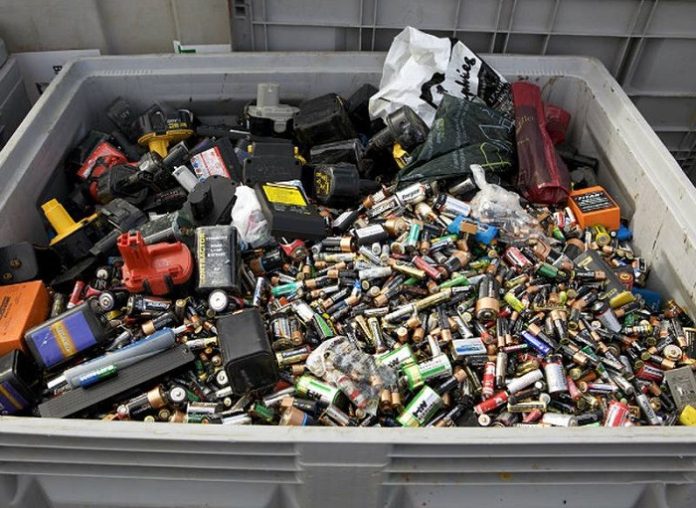The environment ministry has notified new Battery Waste Management Rules 2022, seeking safe disposal of hazardous battery wastes and promotion of a circular economy through recycling, fixing responsibilities of producers, dealers, consumers, and entities involved in the collection, segregation, transportation, refurbishment, and recycling of all kinds of batteries including rechargeable Lithium-ion batteries used in electric vehicles.
Replacing the earlier Rules of 2001 which did not have specific provisions for managing wastes of Lithium-ion batteries, the new version under 2022 Rules, published on Wednesday, would function based on the concept of Extended Producer Responsibility (EPR) where the producers (including importers) of batteries will be responsible for collection and recycling/refurbishment of waste batteries and use of recovered materials from wastes into new batteries.
EPR mandates that all waste batteries be collected and sent for recycling/refurbishment, prohibiting disposal in landfills and incineration. To meet the EPR obligations, producers may engage themselves or authorize any other entity for the collection, recycling, or refurbishment of waste batteries.
“It’s good to have comprehensive Rules to cover all batteries of all chemistries. However, closer scrutiny is required. The EPR implementation will need detailed monitoring, especially in lead-acid batteries. Besides, disposal technologies need benchmarking,” said Ravi Agarwal, director, of Toxics Link, a think tank working in this domain.
The Rules, the final version of a draft released in 2020, also have provisions of environmental compensation and penal actions, including a jail term, for non-compliance. Non-fulfillment of obligations by producers and recyclers will attract penal actions under the provisions of section 15 of the Environment (Protection) Act, 1986.
The penal actions under the EP Act, 1986 currently include imposing a fine up to Rs 1 lakh or/and a jail term of up to seven years with provisions of additional fines and extended imprisonment for repeated instances of non-compliance.
Under the Rules, the consumers will have to discard waste batteries separately from other waste streams, especially from mixed waste, and domestic waste streams, and to ensure that waste batteries are disposed of in an environment-friendly manner by giving them to an entity engaged in collection or refurbishment or recycling.
Agarwal, however, questioned how the collection mechanism works in the case of household batteries (less than 5 kg), noting that these are hazardous waste in Municipal Waste Rules.
Environmental Compensation under the Rules will be levied on the ‘polluter pays principle by the respective State Pollution Control Board on entities involved in refurbishment or recycling of waste batteries as well as entities involved in the collection, segregation, and treatment with respect to non-fulfillment of their responsibilities and obligations.
“Notification of these rules is a transformative step towards implementation of the announcement made by Prime Minister Narendra Modi in his address to the nation on Independence Day to promote circular economy in full earnest,” said the ministry while issuing the 2022 Rules.
It said, “The Rules promote setting up of new industries and entrepreneurship in collection and recycling/ refurbishment of waste batteries.”








